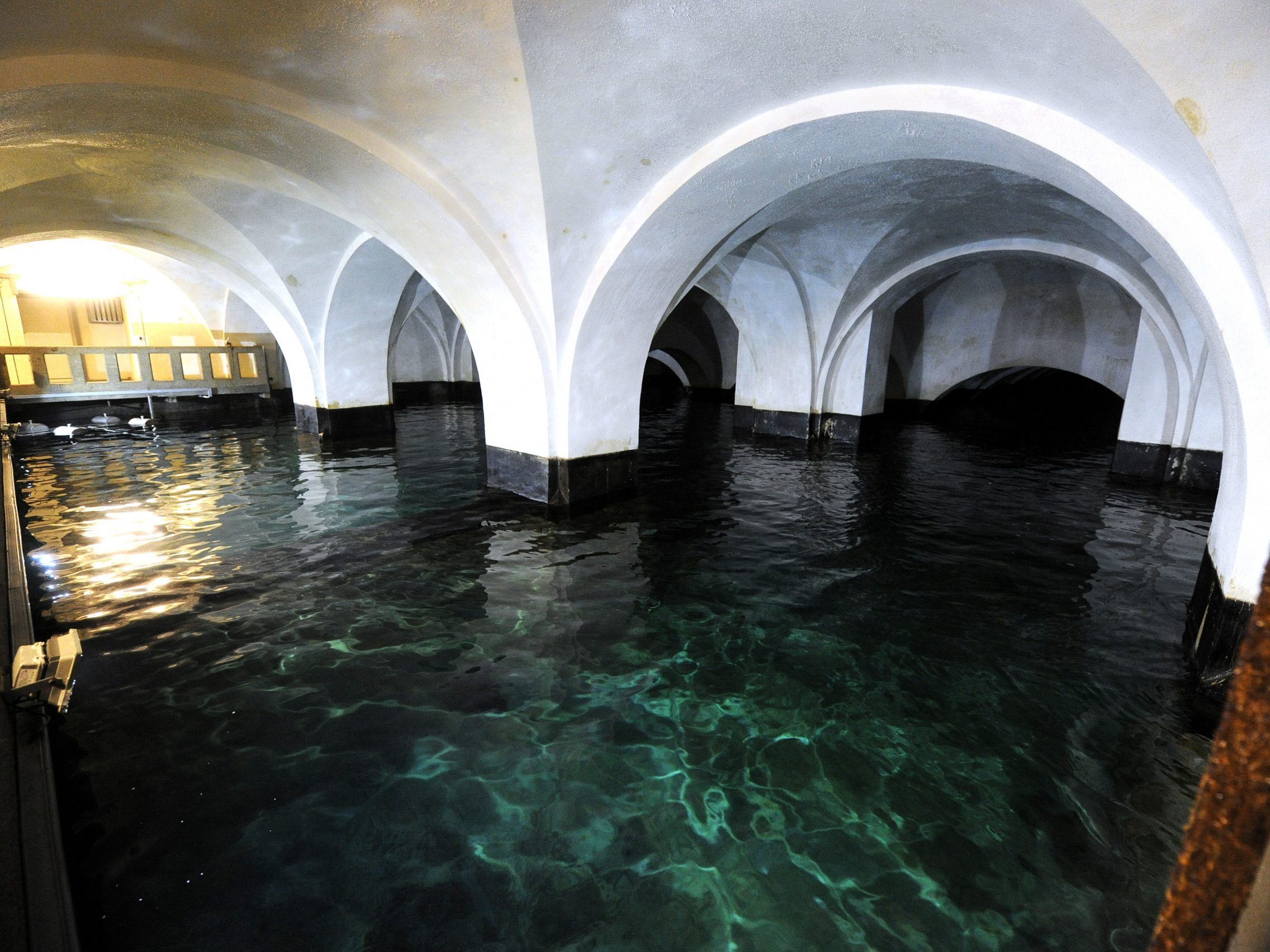For Vienna: The World's Largest Enclosed Drinking Water Reservoir is Being Built in Lower Austria

Even now, the dimensions of the halls built in the 1950s are impressive. The tank, which is integrated into the gradient of the first high spring line, consists of four huge water chambers. They currently hold around 600 million litres of water. This flows without the use of pumps through the storage tank to Vienna.
Largest Enclosed Drinking Water Tank: Expansion Stages
The expansion of the volume takes place in two stages. By the end of 2028, the tank will be expanded by two chambers according to Environmental City Councillor Jürgen Czernohorszky (SPÖ). These can store a total of 200 million litres of water. This increases the capacity to a total of 800 million litres after four years of construction.
From 2029, an expansion by another two chambers and the renovation of the currently existing areas is planned. After completion, the storage volume in the Neusiedl am Steinfeld tank will be around one billion litres - or one million cubic metres. This is roughly equivalent to the area of a football field filled with water 140 metres high, as was emphasised at a media event on Tuesday.
Part of the Future Strategy "Vienna Water 2050"
On the construction site, after extensive excavation work up to eight metres deep, the base plate, walls and columns including the concrete ceiling are being built. A total of around 35,000 cubic metres of concrete and 5,400 tons of steel are being used. After completion of the construction site, the surface of the water chamber will be greened. The cost frame for the first stage is around 98 million euros.
In total, the Vienna Water Department will be able to store around two billion litres of water in 31 water tanks in the future, it was said. The measure is part of the "Vienna Water 2050" strategy, which is preparing for future demand, as was assured. "The supply security of the Viennese people is my top priority. We in Vienna act with foresight and take responsibility," emphasised Mayor Michael Ludwig (SPÖ) during a site visit on Tuesday.
(APA/Red.)
This article has been automatically translated, read the original article here.





